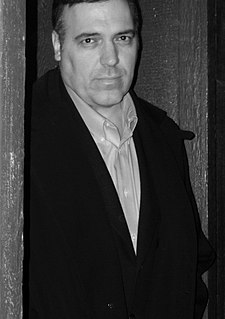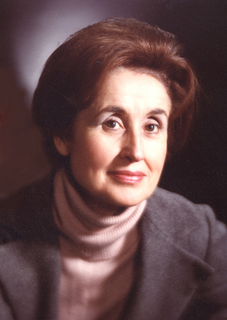A Quote by Henry Giroux
Today, there is a new focus on public values, the need for broad-based movements for solidarity, and alternative conceptions of politics, democracy and justice.
Related Quotes
I am not against identity politics or single based issues; at the same time, we need to find ways to connect these singular modes of politics to broader political narratives about democracy so we can recognize their strengths and limitations in building broad-based social movements. In short, we need to find new ways to connect education to the struggle for democracy that is under assault in ways that were unimaginable forty years ago.
But we need more than a broader understanding of what is a good society or a moral and political critique of the existing market fundamentalism engulfing American society, we also need to create new forms of solidarity, new and broad based social movements that move beyond the isolated and fractured politics of the current historical moment.
One should be cautious about "general conceptions." I think a strong case can be made that activism today is as high as ever, perhaps more so, and is also taking new and significant forms. There has never been anything like the international solidarity movements that began to take shape in the 1980s, right in the mainstream, or the global justice movements that have become a very powerful force in later years. It's true that the society is highly atomized, which does induce a sense of hopelessness often - quite mistakenly I think.
The technologies for the alternative energy sources exists today. The economics are compelling. The public health is compelling. Why would we maintain a focus on a 17th-century technology, when there are 21st-century alternatives that are both necessary and available? And the answer is the subversion of democracy.
Texans for Public Justice, an anti-corruption group based in Texas applauded the indictment. No jury can undo the outcome of Texas 2002 elections, ... but the justice system must punish those who criminally conspire to undermine democracy no matter how powerful they may be. If we are to be a democracy, then powerful politicians cannot flout such laws with impunity.
Power is global and politics is local. That must change. We need a new language for understanding new global power formations as well as new international modes of politics to fight them. Social movements must move outside of national boundaries and join with others across the globe to fight the savagery of neoliberal global politics and central to such a task is the work of intellectuals, artists, cultural workers, and others who can fashion new tools and social movements in the fight against the current anti-democratic threats being imposed all over the globe.
... between government, business, and the public, there is a triangular community of interest. Clearly, it is in business' interest to shape its behavior to prevailing public values; it is more efficient to do so than not to do so. It is also clear that government is the high-cost alternative through which public values are imposed on corporations that do not accurately perceive these values.
Buddhism doesn't really have much time for political mass-movements. We are so trained to think of politics in terms of acting collectively, acting as part of mass-movements, that it's become hard for us to imagine a form of politics that is based on a high degree of introspection and self-examination.
Economics and politics are so intertwined and interlinked that politics now, mainstream politics, extreme center politics, are little else but a version of concentrated economics. And this means that any alternative - alternative capitalism, left Keynesianism, intervention by the state to help the poor, rolling back the privatizations - becomes a huge issue. The entire weight of the extreme center and its media is turned against it, which in reality now is beginning to harm democracy.
If you look at the way all of the new reform movements dedicated to the public interest are living and thriving on the Internet, I do think there is still some considerable hope that the full participation of individuals in that conversation of democracy can once again restore the integrity of the way our democracy works.































